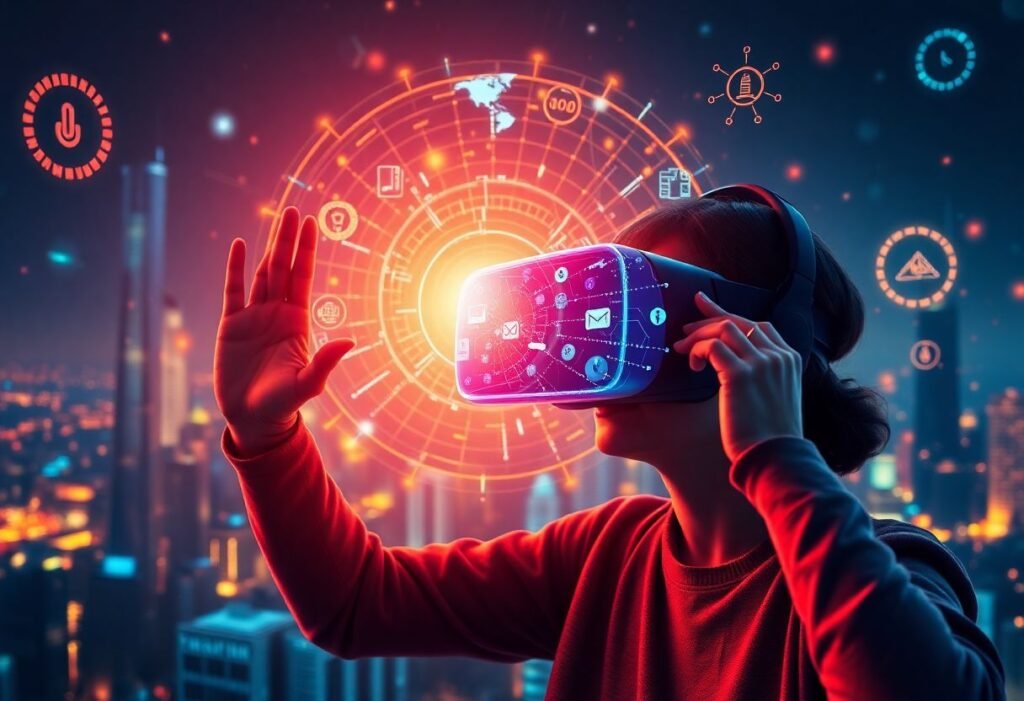The evolution of technology has drastically transformed how businesses connect and interact with their customers. Among these innovations, Virtual Reality (VR) stands out as a pioneering tool to enhance customer engagement. In the coming years, VR will not only improve the way consumers experience products but also redefine the landscape of customer service and support.
Enhancing Customer Experience through Immersive Technology
Virtual reality is poised to take customer experience to new heights by offering immersive environments that enable consumers to interact with products in a virtual space. For instance, companies can create realistic simulations of their offerings, allowing customers to ‘try before they buy.’ This innovative approach can lead to higher conversion rates as customers can visualize how a product fits into their lives. Moreover, by providing a unique and enjoyable experience, businesses can foster loyalty and repeat purchases.
Personalized Marketing Strategies with VR
Marketers are increasingly utilizing virtual reality to customize their campaigns and create a personal touch in their marketing efforts. With VR, brands can collect data on user preferences and behaviors to tailor experiences that resonate with each customer. This level of personalization can significantly enhance customer engagement, making consumers feel valued and understood. By adopting VR into their marketing toolbox, businesses can effectively capture attention and drive sales.
Redefining Customer Support with VR
Virtual reality can reshape customer support systems by providing virtual assistance in real time. Imagine a scenario where a technical support agent can guide customers through troubleshooting processes using a VR headset. This interactive method enriches the support experience, reduces resolution times, and leaves customers satisfied with the immediate assistance. As VR technology continues to advance, it stands to revolutionize how services and solutions are delivered.
Training and Development for Customer Engagement
Another significant application of virtual reality is in the training of employees who engage directly with customers. Businesses can utilize VR to simulate various customer interaction scenarios, equipping their teams with the skills needed to deliver exceptional service. This immersive learning approach not only enhances employee training outcomes but also ensures that customers receive high-quality interactions, thus enhancing overall engagement.
Building Stronger Brand Loyalty through Virtual Communities
Virtual reality allows brands to create immersive community experiences where customers can connect and interact with each other and the brand. By establishing virtual spaces for events, product launches, or forums, companies encourage customer participation and engagement. These communities strengthen brand loyalty as customers feel a sense of belonging and connection with the company and other customers.
The Future of VR in E-commerce
The e-commerce landscape is set to witness transformational changes through the incorporation of virtual reality. Retailers can create virtual showrooms featuring their products, allowing consumers to explore items in a visually engaging manner. This future-forward approach to e-commerce is likely to enhance user experience and boost online sales significantly. As technology continues to develop, VR’s role in convincing consumers to make purchases will become increasingly vital.
Disclaimer: The information provided in this article is for informational purposes only and should not be considered as professional advice.





















